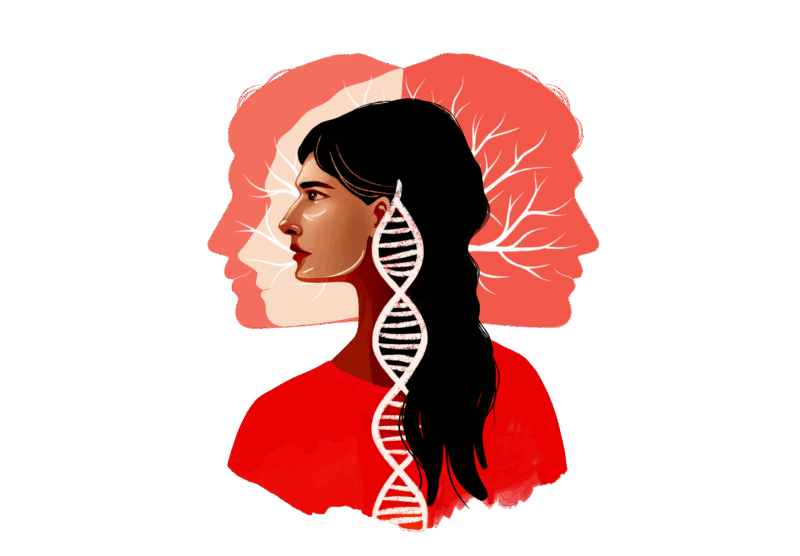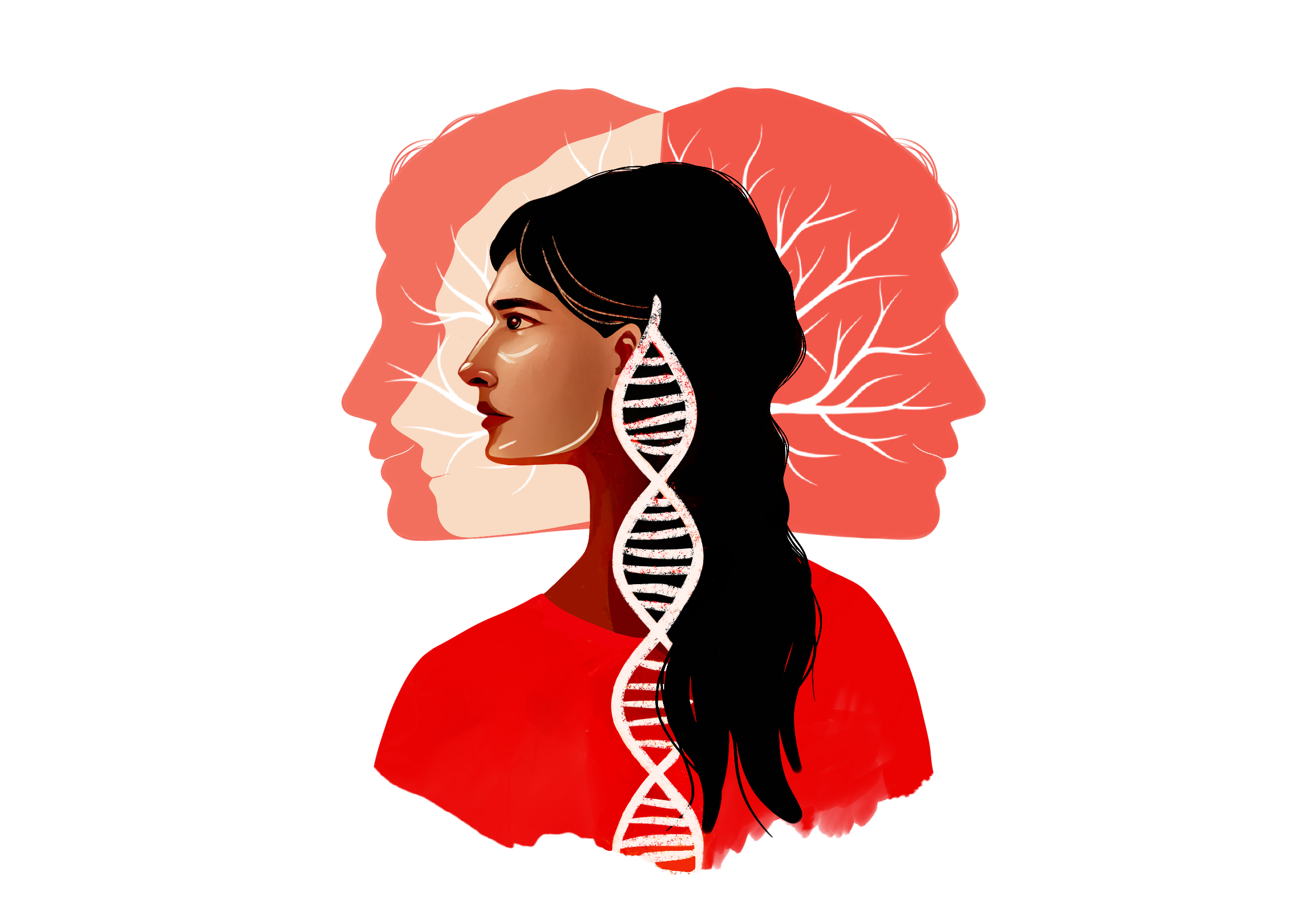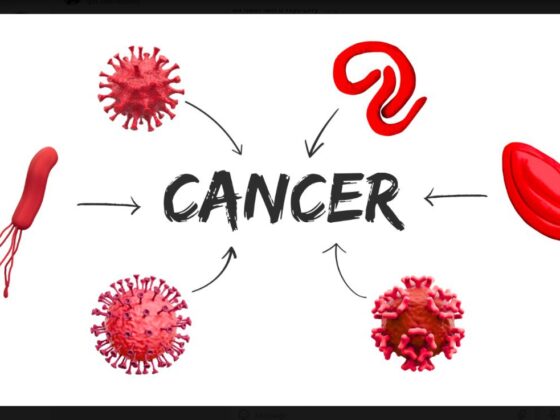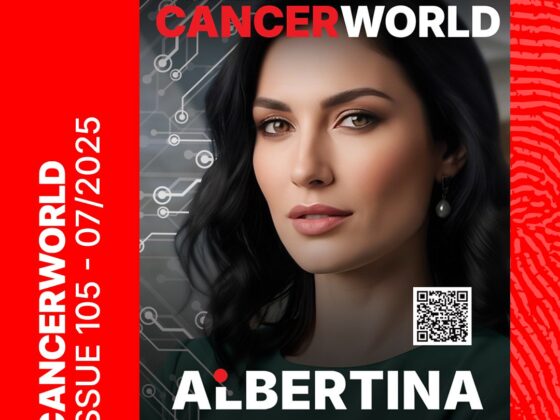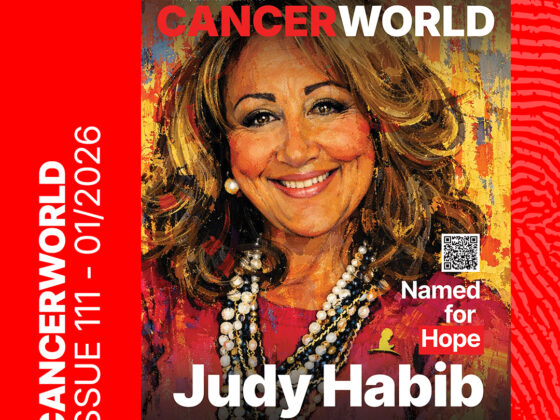A regional programme for genetic sequencing and counselling is being piloted in Chile to promote prevention and early detection in people with a hereditary high-risk of cancer.
Advances in genetic sequencing technologies are making it cheaper and easier to test people for hereditary gene mutations that confer a higher risk of certain diseases, including cancers. Integrating genetic testing services into health systems is key to identifying people at hereditary high risk, and helping them manage that risk through monitoring and/or preventive therapies. However, access to these genetic testing tools remains limited in Latin America. A new regional hereditary breast cancer programme in Chile is working to bridge these gaps.
Chile’s National Cancer Plan, established by the Ministry of Health in 2022, prioritises cancer prevention and includes genetic counselling as part of its strategy. However, like many Latin American countries, Chile still struggles to make these preventive measures widely available. Barriers include a shortage of specialised professionals, limited infrastructure, and restricted access to genetic testing services.
To address these needs, a team of experts, including oncologists, breast specialists, midwives, molecular biologists and geneticists, from different national and international institutions, launched a pilot hereditary cancer programme in Chile’s Maule region. By focusing on early detection and prevention, the programme aims to shift resources from expensive treatments to proactive care, ultimately helping to reduce deaths from hereditary cancers.
Between 2022 and 2023, the programme recruited 48 patients with breast cancer from Hospital Regional de Talca, in Maule, who were suspected of having hereditary breast cancer syndrome. Genetic variants inherited from birth account for almost 20% of all cases of breast cancer, explains Ramón Pérez-Castro, biochemist at the School of Medicine of the Catholic University of Maule in Chile, and co-author of a study showcasing the project’s initial findings.
The patients enrolled in the pilot programme first spoke to an oncology counsellor via telemedicine to discuss their medical and family history, mapping out their genealogy to identify both healthy and affected cancer relatives. Approximately 63% were found to have a close relative with cancer, and 77% of the enrolled patients were diagnosed before age 50. The patients then took a genetic test that analysed 162 genes linked to inherited cancer. After testing, participants received further counselling to discuss their results.
The test results revealed that 12% of the patients carried harmful changes in genes such as BRCA1, BRCA2, TP53, and PALB2 that are known to be associated with a raised risk of cancer. They also showed new genetic mutations that had never been reported before.
Relatives of patients who tested positive for genetic changes linked to cancer were invited to get tested to see whether they also carry these genes. Physicians used international NCCN guidelines to offer preventive measures, such as early screening or surgery, to family members carrying specific genetic variants to reduce their cancer risk.
“Cancer treatment is much more expensive than preventing it,” said Sonia Margarit, a genetic counsellor at Clínica Alemana Universidad del Desarrollo in Chile, who wasn’t involved with the study. However, the country still needs to develop more strategies to address the needs of the more than 70% of patients in the public system, who have access to standard preventive medical services but not to these types of specialised services.
Since the first group, the programme has continued counselling and testing new patients. It is not only helping people with hereditary cancer but also creating a national genetic data bank. Experts hope this will improve understanding of the genetics of cancer in the country. “It is necessary to have local databases,” Pérez-Castro says to CancerWorld, adding that, as new variants appear, “we can also compare them with what is happening in other countries.”Pérez-Castro hopes this programme will inspire other regional governments in Chile to take similar action. He encourages them to understand the specific barriers patients face, to develop local healthcare programmes and interventions, and to explore potential alliances between public and private institutions. “We have to come together to respond to the local needs of the territory.”

